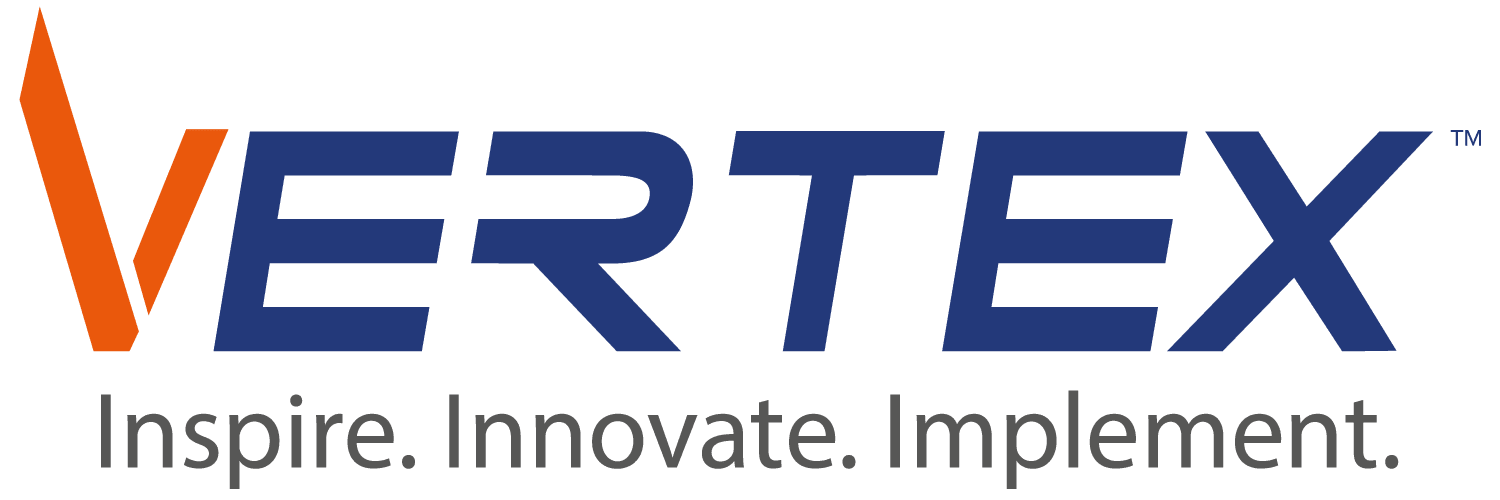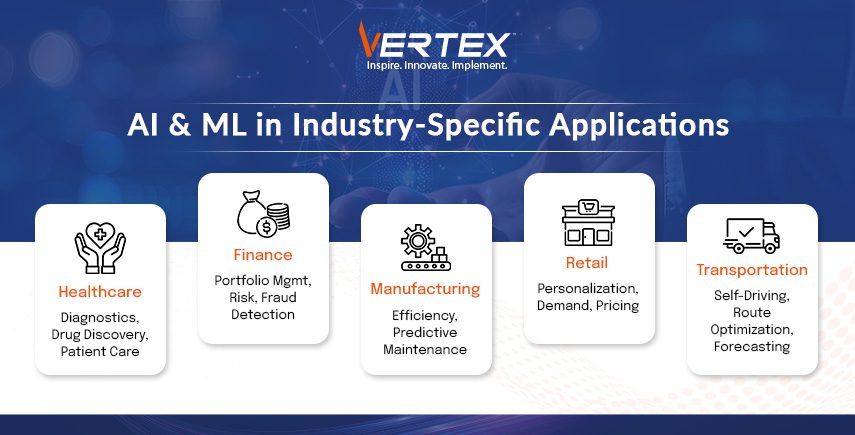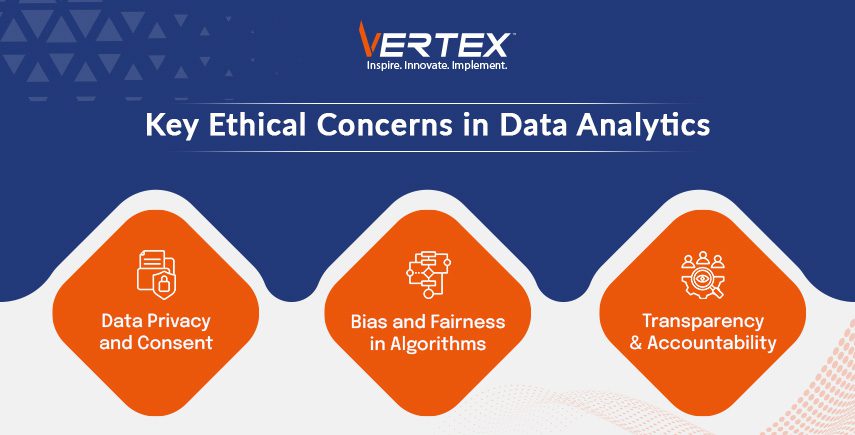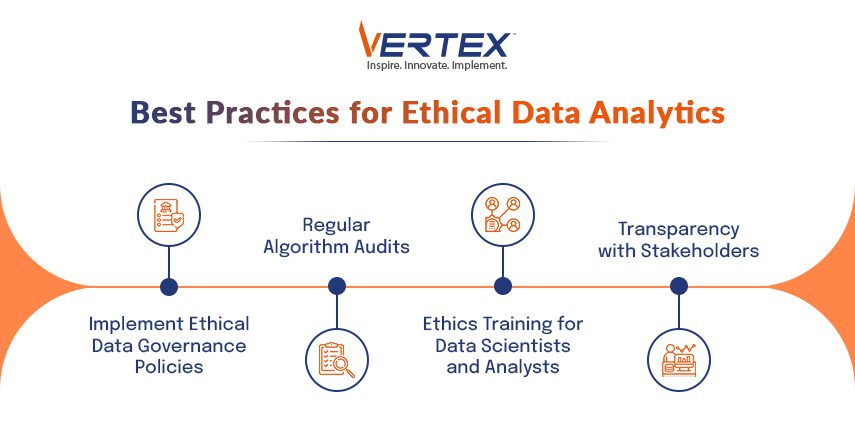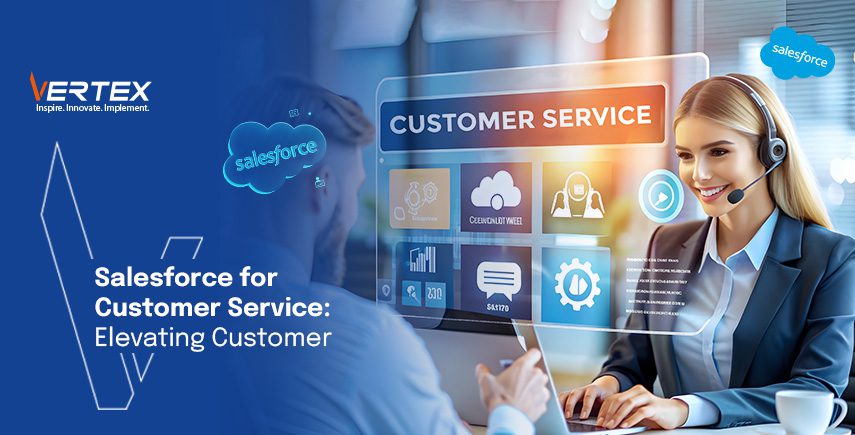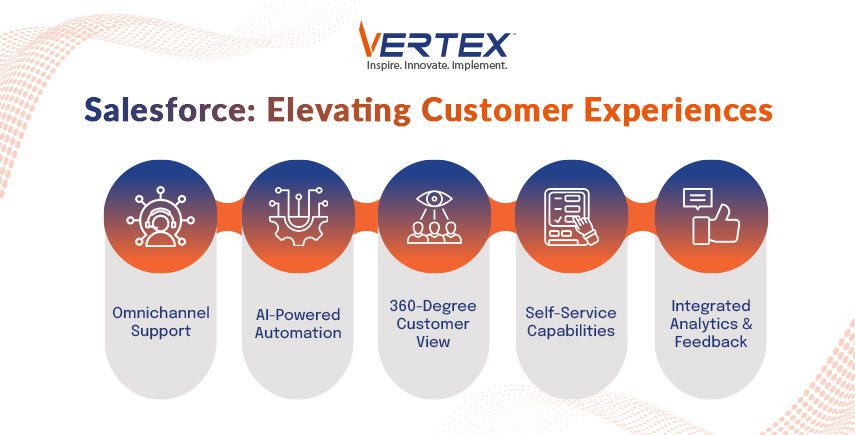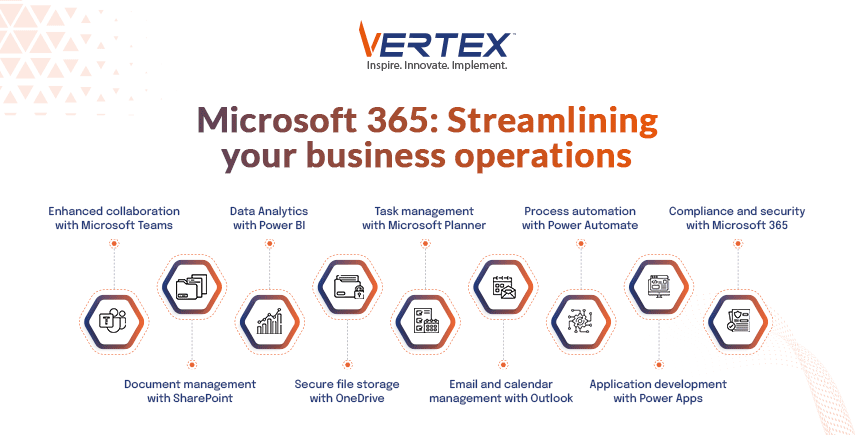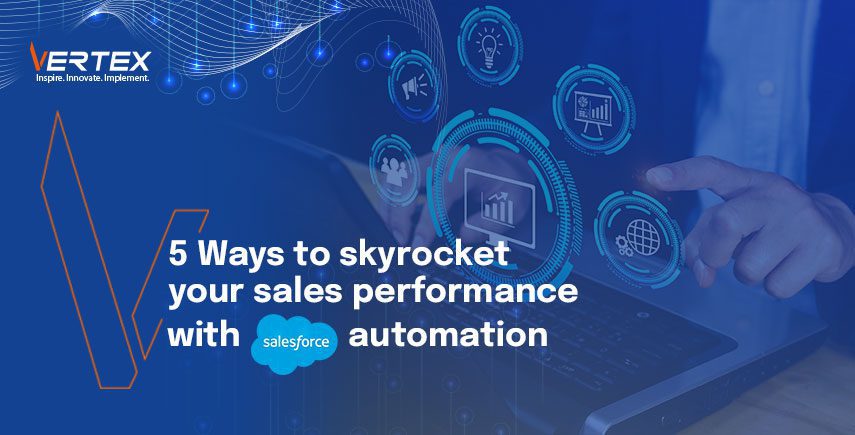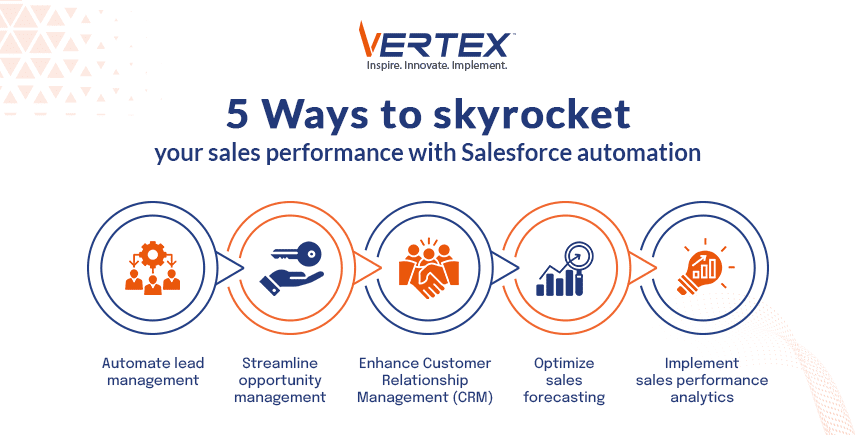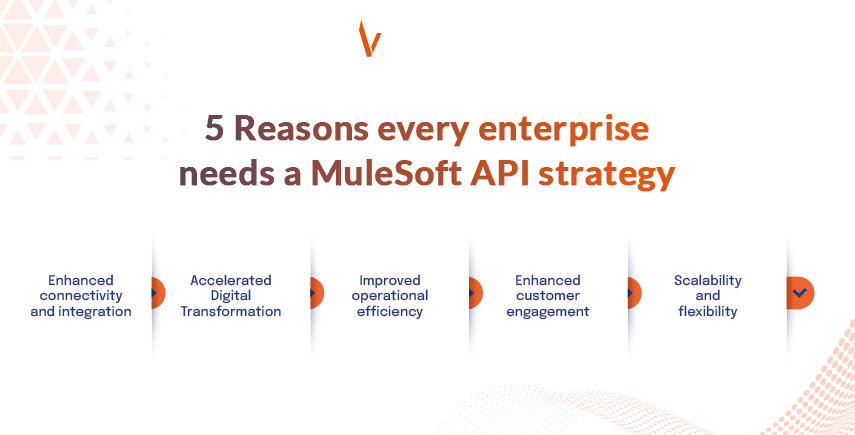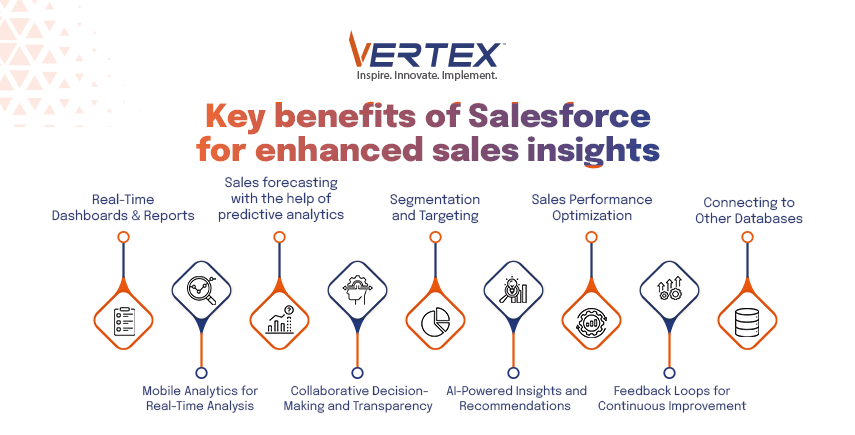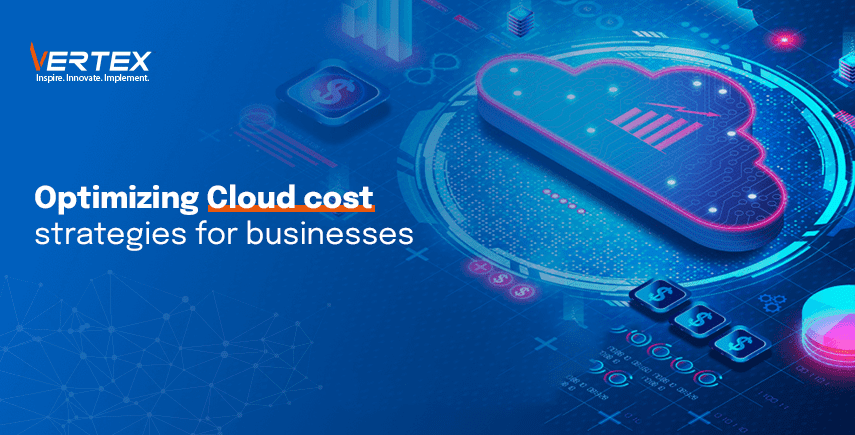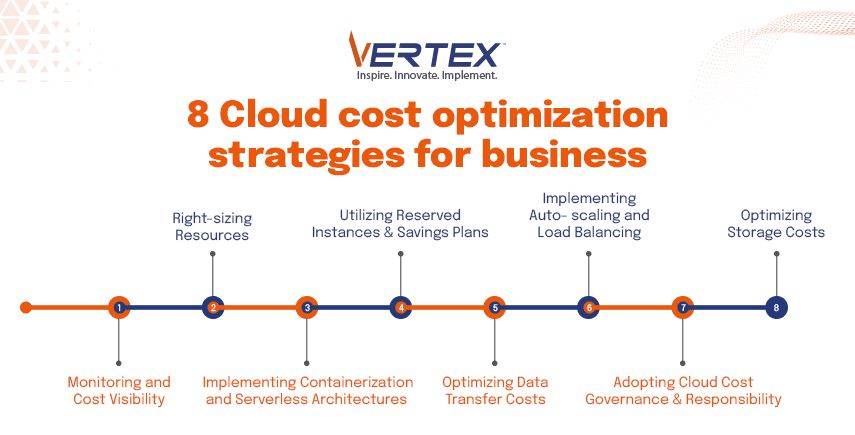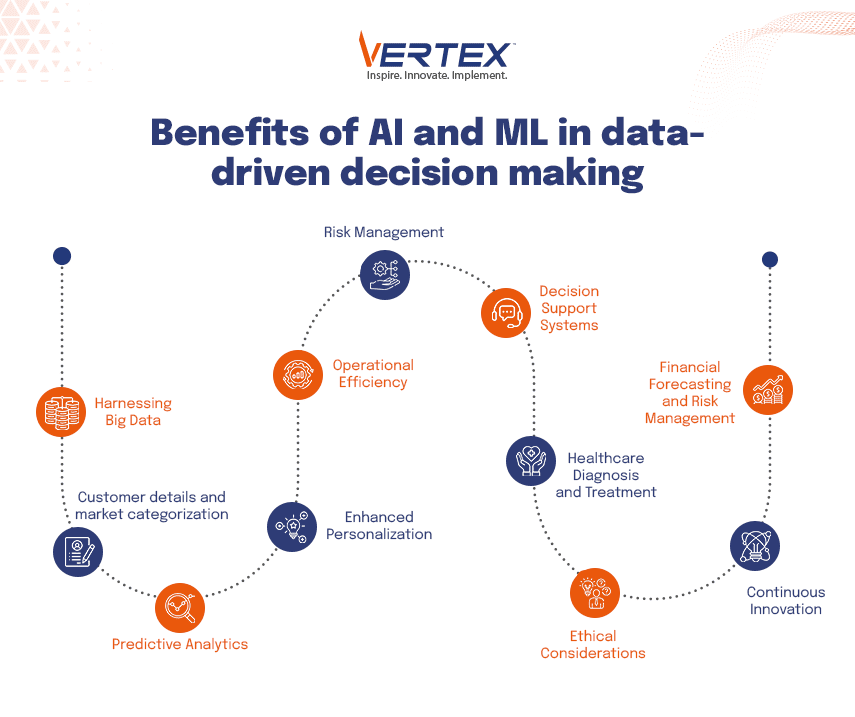Over the past few years, the gig economy has gone from being a small, niche market to a major part of the global workforce. By 2027, more than 50% of the U.S. workforce is expected to be freelancing in some capacity, which shows just how fast things are changing. Contract staffing—once thought of as a temporary solution—has now become a go-to strategy for businesses looking to stay competitive, flexible, and ahead of the curve. But what does the future hold for contract staffing, and how will it evolve as the gig economy continues to grow?
Let’s dive into how contract staffing, with the influence of the gig economy, is shaping the future of work—and what’s on the horizon.
1. The Gig Economy’s Boom and Its Influence on Contract Staffing
The gig economy, where workers take on short-term contracts or freelance jobs, has grown tremendously, thanks to new technology and changing work preferences. In 2022, a report showed that there are over 59 million gig workers in the U.S. alone, and this number continues to rise. As more professionals prioritize flexibility in their careers, companies are relying more on contract staffing to fill roles quickly and efficiently.
Industries like tech, healthcare, and creative fields are finding that contract workers can bring specialized skills without the long-term commitment of hiring full-time staff. In fact, 70% of business leaders plan to increase their use of temporary or freelance workers in the coming years, according to McKinsey. This shift toward more flexible staffing is making companies more adaptable in today’s rapidly changing market.
2. Why Contract Staffing is Becoming a Long-Term Strategy
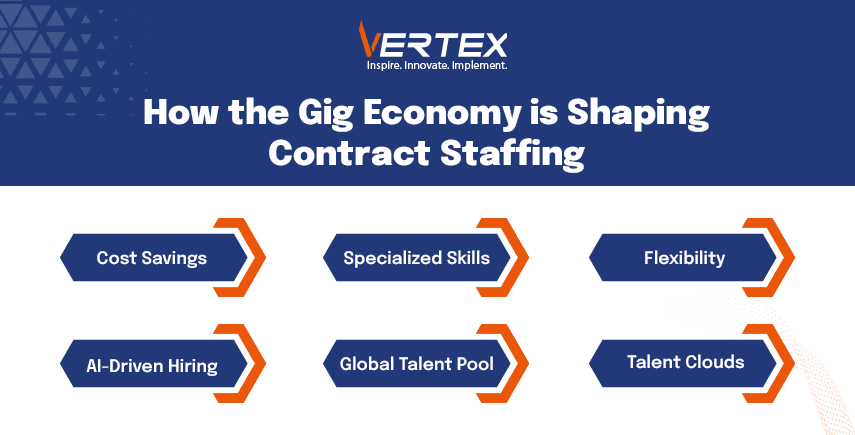
Contract staffing is no longer just a stopgap for busy periods or one-off projects. More and more companies are embracing it as a long-term solution. Here’s why:
- Cost Savings: Contract workers help businesses cut down on the expenses tied to full-time employees, such as benefits and office space. For smaller companies and startups, this is a huge advantage.
- Specialized Skills: With digital transformation sweeping across industries, businesses need workers with very specific skill sets. Contract staffing gives companies access to highly skilled professionals who can tackle projects without the overhead of permanent hires.
- Flexibility: Contract staffing allows companies to remain nimble. They can quickly adjust their workforce based on project needs or market changes. This is especially important in industries that are evolving fast, like tech.
3. Technology’s Role in Shaping Contract Staffing’s Future
Technology has been a driving force behind the gig economy’s success, making it easier for businesses and freelancers to connect. Platforms like Upwork, Freelancer, and Fiverr allow companies to find skilled contract workers across the globe in just a few clicks. But there’s more to it—AI and automation are transforming the way businesses hire.
AI tools are helping companies match candidates to jobs faster, streamline contract negotiations, and even predict which workers will be the best fit for a project. According to research from Staffing Industry Analysts, AI is expected to play an even bigger role in staffing in the future, making the hiring process smoother and more efficient.
Moreover, blockchain technology is emerging as a way to simplify contracts and payments, providing greater transparency and security for both businesses and gig workers.
4. Beyond the Gig Economy: What’s Next for Contract Staffing?
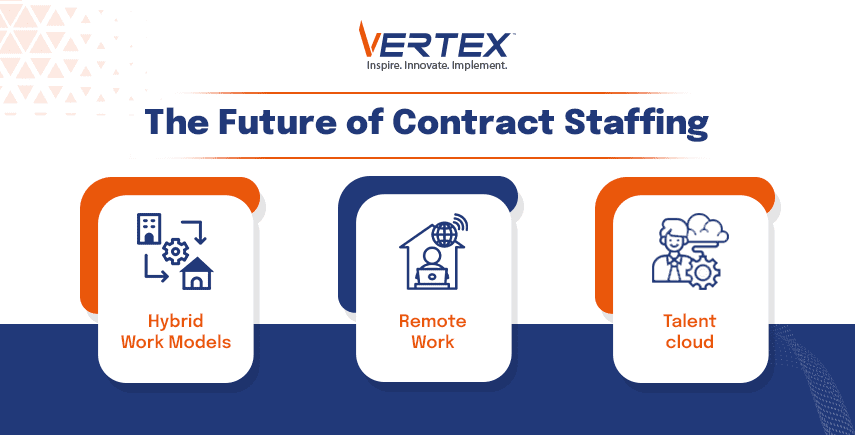
As the gig economy continues to grow, we’re seeing new trends that will impact the future of contract staffing. Some of the most exciting developments include:
- Hybrid Work Models: Companies are increasingly blending full-time employees with contract staff to form flexible, dynamic teams. This model is especially common in tech, where businesses rely on contract workers to fill in specialized roles alongside their core teams.
- Remote Work: The shift to remote work, accelerated by the COVID-19 pandemic, has opened up a global talent pool for companies. Businesses are no longer limited by geography, allowing them to hire the best talent no matter where they’re located.
- Talent Clouds: Some companies are creating “talent clouds,” which are internal networks of pre-vetted freelancers and contract workers. This allows businesses to quickly tap into their talent pool whenever they need extra hands for a project, without the hassle of a long hiring process.
5. Benefits and Challenges of Contract Staffing Moving Forward
Benefits:
- Higher Productivity: Contract workers are often highly motivated, as their future work depends on their performance. This can lead to increased efficiency and output.
- Easy Scalability: Companies can easily scale up or down based on project needs, providing the flexibility to adapt to market changes or business growth.
Challenges:
- Legal and Compliance Issues: Hiring contract workers, especially internationally, can create legal challenges. Businesses must stay on top of labor laws, tax requirements, and intellectual property regulations to avoid complications.
- Employee Engagement and Company Culture: With many workers operating on short-term contracts, maintaining a cohesive company culture and high employee engagement can be tough. Companies will need to find ways to integrate their contract workers into the team to create a sense of belonging and commitment.
Conclusion
Contract staffing is evolving, and its future looks bright. As the gig economy grows and technology continues to advance, businesses will have even more opportunities to leverage contract workers for increased flexibility, cost savings, and access to specialized skills. To stay competitive, companies need to embrace the gig economy and find the right balance between full-time and contract staffing.
The future of work is all about adaptability, and contract staffing is a key strategy for businesses looking to thrive in the years ahead.
